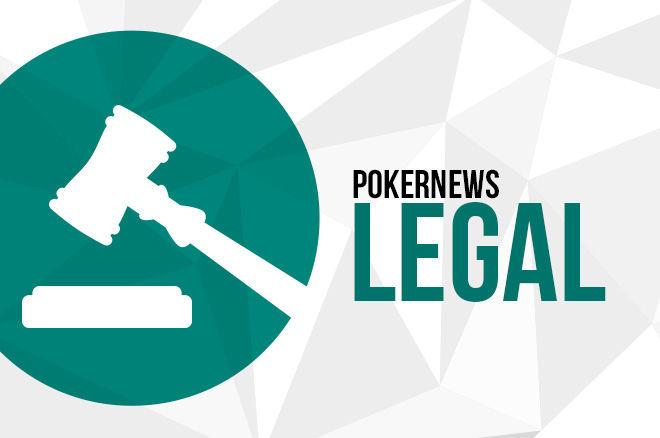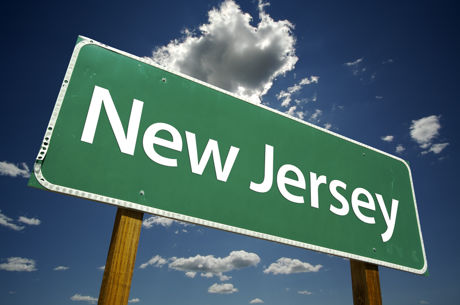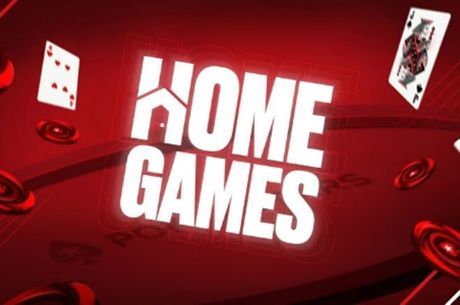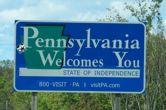Regulated Online Poker Revenue Declines in Delaware and New Jersey

In 2017, online gaming was regulated and operating in three states: Delaware, New Jersey and Nevada. A fourth state in Pennsylvania is expected to be added to the mix after its legislators approved a bill into law to allow for a framework for regulated online gaming.
Both Delaware and New Jersey allow for online casino and poker, while only online poker is regulated in Nevada. Year-end iGaming revenue for 2017 has been published for both Delaware and New Jersey. However, there are no public figures available for Nevada, the first state to launch regulated online poker.
Delaware Down
The Delaware Lottery, which licenses three racinos, Delaware Park, Dover Downs, and Harrington Raceway, and operates online poker on the 888poker platform, reported that iGaming revenue declined by 18 percent from 2017 to 2016 to $2.4 million.
Video lottery games have historically been the main catalyst for revenue in Delaware and this trend continues. However, video lottery revenue declined by 10 percent year over year to $1.6 million.
The picture was even less rosy when looking at the other iGaming verticals with online table game revenue dropping 28 percent to $560,000 and online poker declining by a staggering 48 percent to a dismal $231,000.
New Jersey Online Gaming Up, No Thanks to Poker
The picture is much different in neighboring New Jersey with the New Jersey Division of Gaming Enforcement reporting $245.6 million in online revenue in 2017 or 25 percent more than the $196.7 million reported in 2016. The ecology appears overall healthy with this being the fourth straight year of double-digit percentage growth.
To put this in perspective, New Jersey's iGaming revenue is more than 100-times that of Delaware. This is despite New Jersey's population of around 9 million residents being just nine-times that of the around 1 million residents in Delaware.
Online casino revenue continues to be the main driver with a massive year-over-year increase of 30 percent to $221.3 million in 2017. Meanwhile, online poker declined year-over-year by eight percent to $24.3 million in 2017.
Online poker should receive a much-needed boost in both states, as well as in Nevada, due to a pact being signed in October to allow for the three states to share liquidity. The 888poker platform is likely to receive most of that boost since it is the only operator currently offering games in Nevada and Delaware.
Also in October, Pennsylvania passed a bill into law to become the fourth state to regulate online gaming. While no i-gaming licenses have yet been granted, there is a clause in the bill that would also permit shared liquidity.









